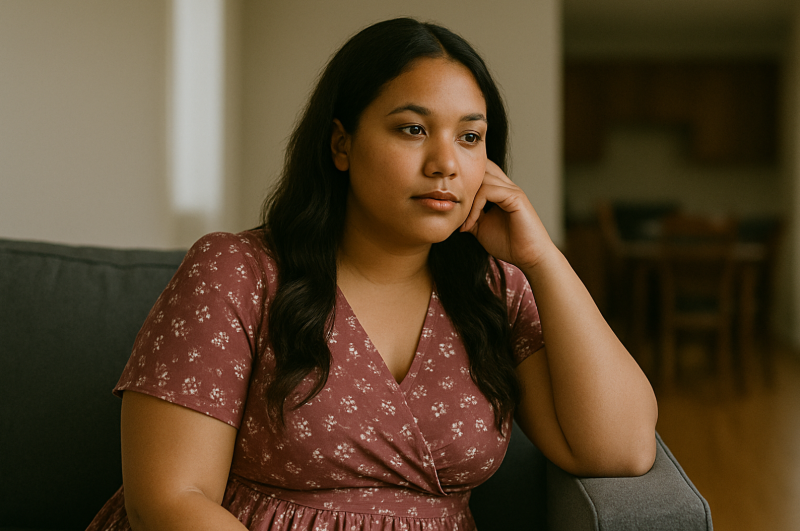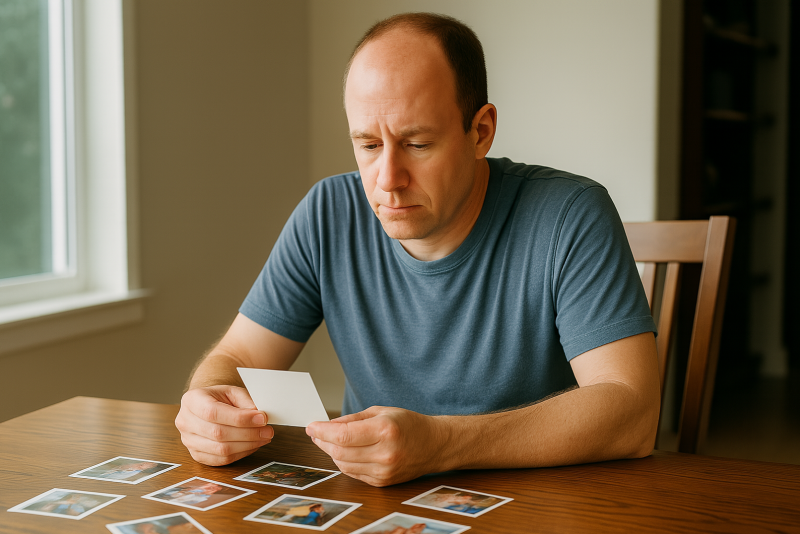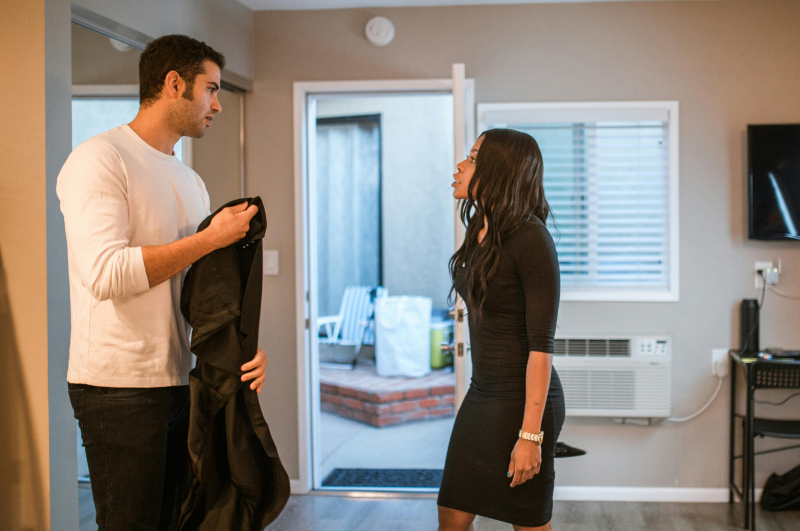
If you find yourself doubting peace, love, or stability, you’re not flawed—you’re just protecting yourself from past pain.
By Sergio Toledo
Editor-in-Chief, Heed to Heal
Introduction
Have you ever found yourself feeling anxious during a peaceful moment? Questioning a kind gesture? Waiting for something to go wrong—even when everything seems fine?
You’re not alone.
Many people who’ve lived through instability, neglect, or betrayal find it difficult to fully settle into safety. Even when something good enters their life, it may feel unfamiliar, suspicious, or too good to be true. Not because they’re negative or ungrateful—but because their nervous system has learned to associate comfort with danger.
Learning to trust good things takes time. It requires unlearning patterns that once kept you safe but now keep you on edge.
The Safety of the Familiar
When chaos is all you’ve known, peace can feel threatening.
If your past involved unpredictable caregivers, toxic relationships, or emotional whiplash, your body may have adapted by becoming hyper-vigilant. You scan for danger. You brace for the fall. You anticipate loss before it happens, so you don’t get caught off guard again.
In trauma recovery, this is often called “anticipatory grief” or “protective pessimism.” It’s not about being dramatic—it’s about survival.
Your mind says, This is good, but your body says, Be careful.
Why the Good Feels Unsafe
Sometimes, the most loving thing someone can say to you feels suspicious. Or a stretch of calm triggers anxiety. This happens because:
- Good things weren’t consistent when you were younger, so now they feel temporary.
- People who hurt you also gave you “good moments,” so pleasure feels linked to pain.
- You didn’t get to fully trust anyone, so vulnerability feels unsafe.
- You internalized self-doubt, so joy feels like something you haven’t earned.
This doesn’t mean you’re broken—it means you adapted.
Relearning Safety in Small Doses
Healing isn’t about forcing yourself to trust everything. It’s about offering your nervous system new, gentle proof that not everything will collapse.
You don’t have to rush toward full belief. You can start with soft invitations: moments of presence, noticing when something feels real and kind without questioning it. Letting yourself stay in a hug a second longer. Saying thank you without deflecting. Letting a compliment land.
And when the voice in your head says, This won’t last, you don’t have to fight it. You can acknowledge it kindly and say, Maybe it will. Maybe this time is different.
Final Thoughts
You’re not “bad at happiness.” You’re not too cynical. You’re not self-sabotaging on purpose.
You’re learning how to exist in a world that now wants to offer you softness—after years of learning to expect sharp edges.
The good things might still scare you sometimes. But that’s okay. You’re allowed to ease into trust slowly. You’re allowed to hold your joy gently. You’re allowed to be cautious and hopeful at the same time.
The fact that you’re even noticing the good things now?
That’s progress.
References:
- van der Kolk, Bessel. The Body Keeps the Score.
- Levine, Peter. Waking the Tiger: Healing Trauma.
- Psych Central. “Why You Might Not Trust When Things Are Going Well.”
- Healthline. “Why Good News Might Make You Anxious.”
- National Institute for the Clinical Application of Behavioral Medicine. “How Trauma Changes the Nervous System.”
Originally published by Heed to Heal, 07.11.2025, under the terms of a Creative Commons Attribution-NonCommercial-NoDerivatives 4.0 International license.







